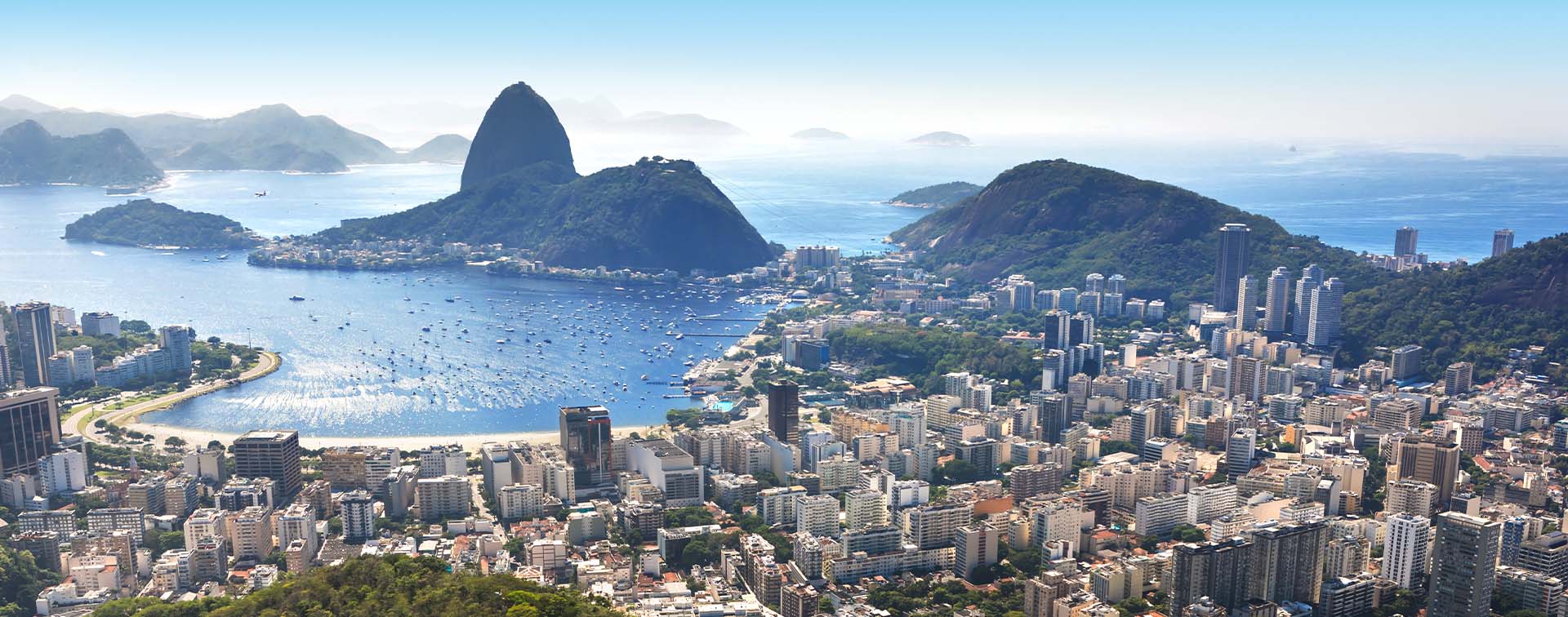
Dr. Victoria Finn is a Max Weber Fellow researching migration and citizenship at the European University Institute.
As 2022 begins, varied progress by the 12 South American countries has been made in battling Covid-19 and its variants. However, regional mobility remains constrained across the continent, compared to relatively free movement in pre-Covid times for most South Americans. Numbers of exiting Venezuelans have continued to increase, with neighboring Colombia as the principal residence country.
Throughout the pandemic, variants such as Mu in Colombia and Lambda in Peru have emerged over the continent. In late November 2021, Omicron first appeared in Brazil and then in Chile, and has since spread across the continent. In reaction, South American states restricted mobility by prohibiting border entry originating from certain countries, especially targeting southern African states.

Comparing South American countries near the end of 2021, Bolivia, Paraguay, and Venezuela had the lowest vaccination rates with about one third of their populations fully vaccinated. Showing the highest coverage, Chile had fully vaccinated 84% of the population and Uruguay 76% (both had also administered boosters to over one third of their populations). In between were Argentina, which had fully vaccinated 64% of the population, Ecuador 61%, Brazil 60%, Peru 54%, and Colombia 48%. However, many countries had about 15% more of their populations partially vaccinated, so these percentages should continue to increase throughout 2022.
While vaccination levels were relatively low in most South American countries at the end of 2021, vaccine diplomacy has increased access to more doses and vaccine brands. The USA has donated at least 45.6 million doses to Central and South America combined. More sustainably, Brazil has struck a deal with Pfizer and BioNTech to start producing the vaccine, which will then be distributed only within Latin America. Pfizer will share the technology with Brazil, which will import the raw materials from the USA and then make the vaccine in São Paulo, aiming to produce 100 million doses annually, commencing this year.
In terms of intraregional mobility, the Venezuelan exodus has continued, with about one in seven Venezuelans having left the country between 2015 and 2021. Of the almost 6 million displaced, at least 80% have relocated to another South American country: about 1.7 million to Colombia, 1 million to Peru, and less than half a million to each of Chile and Ecuador. Extraregionally, the mobility of South Americans largely depends on the extent to which other countries lift pandemic-related barriers to border entry and quarantines.
Some of the attention from the socio-political unrest in Chile, Colombia, Ecuador, and Peru has been refocused to other topics, such as elections and continued outflows of Venezuelans. A surprising turn of events in Brazil saw the right-wing leader Jair Bolsonaro — well-known for not taking Covid-19 seriously and in late 2021 announcing that tourists did not need proof of vaccination to enter Brazil — being the first in the region to recognize Venezuelans as refugees, following the definition from the Cartagena Declaration on Refugees. Brazil implemented a simplified and accelerated process for gaining refugee status based on prima facie evidence rather than the required interviews and detailed case-by-case analysis.
New policies and politics will likely unfold in 2022 due to national elections that were held in the last quarter of 2021 in three South American countries: Paraguay (10 October 2021), Argentina (14 November 2021), and Chile (21 November 2021, resulting in a second round on 19 December 2021). Chile elected Gabriel Boric, one of the world’s youngest heads of state at 35 years old. Venezuela also held municipal and regional elections, which unsurprisingly resulted in the victory of Maduro’s incumbent government. The EU Election Observation Mission monitored the elections and found a lack of judicial and media independence and a general lack of electoral transparency. The continued humanitarian crisis and political situation mean mobility will continue to flow outwards from Venezuela but not inwards anytime soon.
In terms of mobility, one of the biggest questions moving into 2022 will be: should we expect to see repeat intraregional migration? Migrants who returned to their countries of origin during the height of the pandemic again face three options: stay put, move back, or move elsewhere. The exception is Venezuelans, since their higher numbers prompted other South American countries to develop new legal procedures for relocation, residence, and in-country rights. Venezuelans can live abroad through the MERCOSUR Residence Agreement only in Argentina and Uruguay. Contrarily, they now need visas for Chile and for Peru. As new policies on mobility and access to rights correspond not to the Covid-19 pandemic but instead to increased immigration, such migration governance trends will likely continue throughout 2022. This holds especially true in Colombia, given that its migration policies in 2021 granted Venezuelans access to 10-year residence visas.
Brazil’s recognition of Venezuelans as refugees now begs the question whether Brazil will also approve higher numbers of asylum seekers from elsewhere. Moreover, will other South American countries follow its lead? Such a liberal approach is unlikely in Chile, despite the newly elected president being from the far-left coalition of the Broad Front and Communist Party of Chile. The country holds one of the region’s highest percentages of foreign-born residents, constituting about 8% of the total population and pockets of Chilean society have called for further immigration restrictions, demonstrated in a violent xenophobic protest in the north late last year targeting foreigners, mostly Venezuelans. The incumbent, Sebastián Piñera, has taken an overall restrictive approach to immigration using a securitization lens, which increased both immigrant vulnerability and exclusion. However, Chile’s long-debated migration law from April 2021 — which outlines more inclusive avenues for foreign residents to naturalize and offers better legal protection to avoid statelessness — will come into force soon. More details will be clear with the handover of power to the new administration in March 2022.